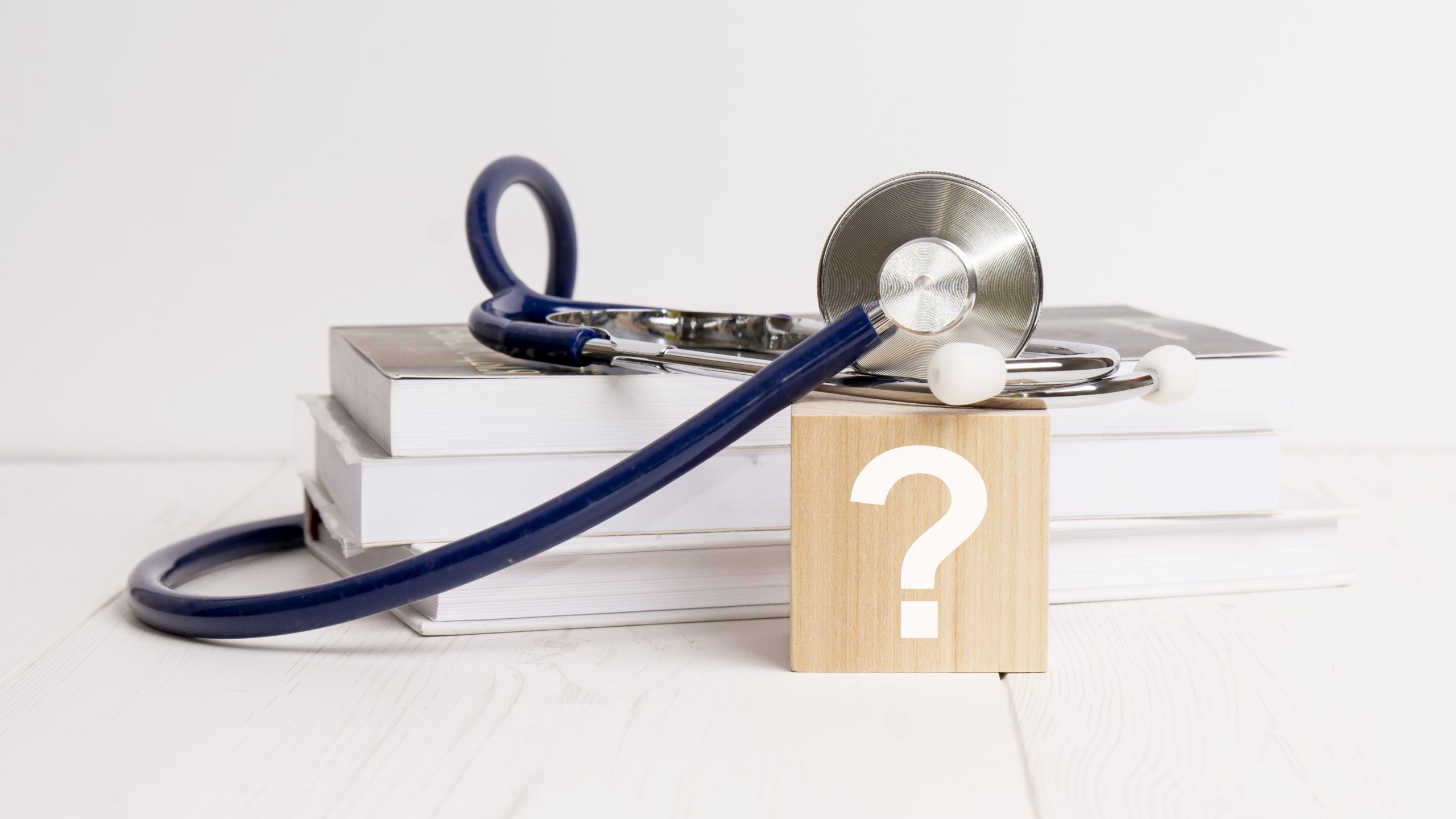Seeking Medical Care: Understanding Your Options and When to Call 911

When faced with a medical injury or illness, knowing where to go for care can make a big difference in getting the right treatment quickly and avoiding unnecessary costs or delays. Depending on the severity and urgency of the situation, you may need to choose between visiting your doctor’s office, urgent care, the emergency room, or calling 911. Each pathway serves a specific purpose in the healthcare system. In 2024, REMSA Health responded to more than 92, 800 calls for service and while some callers need emergency response and transportation, others may require a different, more appropriate level of care. Seeking appropriate care allows us to keep valuable resources available for the most serious emergencies like pediatric drownings, cardiac arrests and strokes.
For non-urgent medical issues, your first point of contact should be your primary care provider. This is the best option for managing chronic conditions like diabetes or high blood pressure, getting routine check-ups, treating colds, minor infections, or allergies. You can also call your doctor when you’re unsure of whether your symptoms require immediate attention. Another similar option may be telehealth. Your healthcare provider or health insurance may offer this service.
Urgent care centers are designed to handle non-life-threatening conditions that require attention sooner than your doctor can see you. Respiratory illness, ear and sinus infections, minor burns, and cuts that might need stitches but aren’t bleeding heavily would warrant a trip to urgent care. These locations are usually open after hours and on weekends, making them a convenient option when your primary care office is closed. Visiting urgent care is typically faster and more affordable than a trip to the emergency room, making it a smart choice for urgent but not emergent medical issues.
The emergency room is for serious, potentially life-threatening conditions that need immediate medical attention. If you are experiencing symptoms such as sudden weakness and numbness, chest pain, difficulty breathing, loss of consciousness, or have suffered a severe head injury, you should call 911 or go to the emergency room right away.
Choosing the right place for medical care depends on the severity and urgency of your condition. Understanding the differences between various levels of care can help you get the treatment you need while avoiding unnecessary costs or delays. When in doubt, it’s always safer to err on the side of caution and call 9-1-1.
